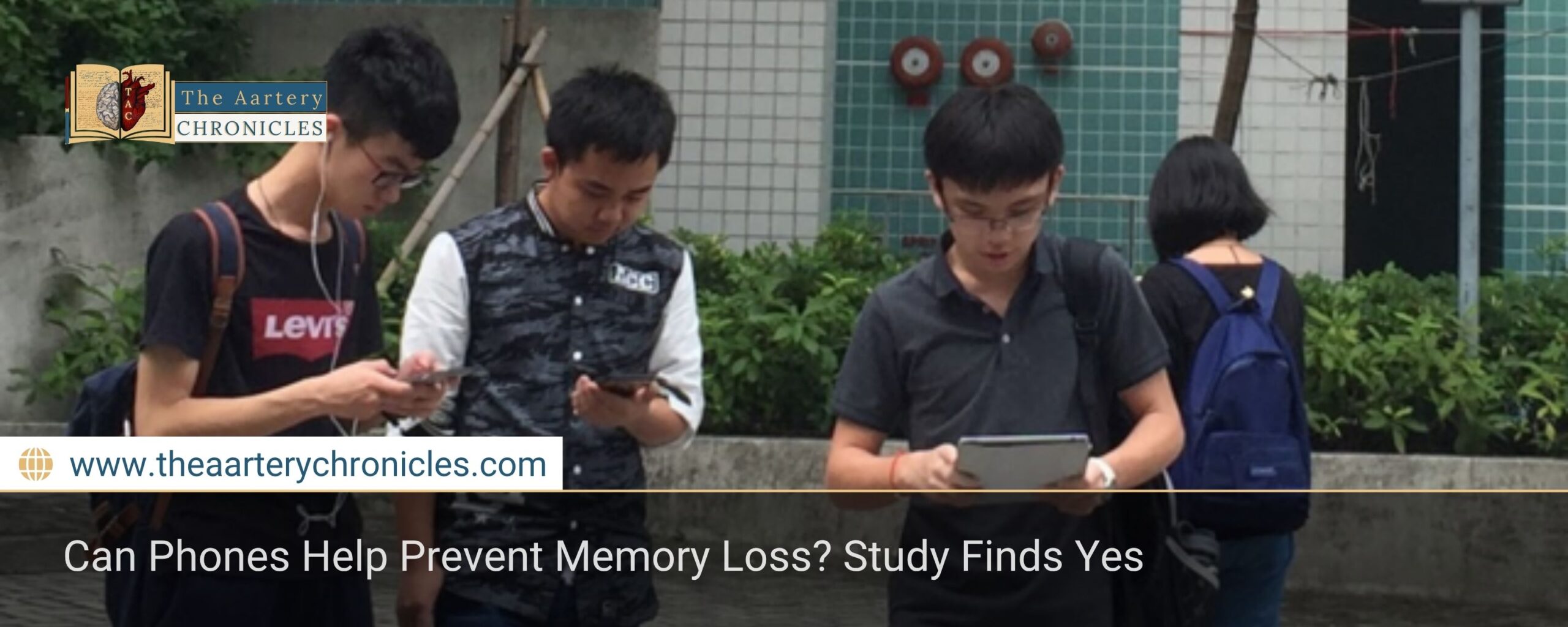

Can Phones Help Prevent Memory Loss? Study Finds Yes
A recent study published in Nature Human Behaviour challenges the idea of digital dementia. Conducted by researchers from the University of Texas and Baylor University, the study suggests that using digital technology may protect the brain as we age.
The researchers looked at 57 previous studies, analyzing data from over 411,000 adults aged 50 and above. They found that people who used technology more often such as computers, smartphones, and the Internet had a significantly lower risk of cognitive decline and dementia.
What Is Digital Dementia?
The term digital dementia was introduced by German neuroscientist Manfred Spitzer in 2012. It refers to the idea that excessive use of digital devices like smartphones, tablets, and computers could weaken memory and thinking skills. Concerns have included:
- Too much passive screen time (like watching TV or scrolling social media).
- Over-reliance on technology for everyday tasks (like remembering phone numbers).
- Increased distractibility due to constant notifications and multitasking.
This concept has raised fears that technology might damage our brain health, especially as we age.
Lower Risk with More Tech Use
The key finding was an odds ratio of 0.42, which means those who frequently used digital devices had a 58% reduced risk of cognitive decline compared to those who didn’t. This was true even after accounting for factors like income, education, and health conditions.
The protective effect of technology use was similar to or even stronger than other well-known brain health boosters:
- Physical activity: ~35% reduced risk
- Healthy blood pressure: ~13% reduced risk
Why This Study Matters
We often hear about how technology affects children and young adults, but this study focused on older adults people who have seen technology evolve dramatically over their lifetimes. The results suggest that engaging with digital tools might help older adults stay mentally sharp.
Importantly, the study did not include brain-training games. Instead, it looked at general tech use, like browsing the internet, using smartphones, and working with computers common activities for many people.
Technology as a Tool, Not a Threat
Rather than fearing technology, experts suggest focusing on how we use it. Activities that keep the brain active such as learning new software, navigating apps, or researching online may help build what researchers call a “technological reserve.” This could act like mental exercise, helping keep memory and thinking skills strong.
Technology can also help people stay socially connected and independent, both of which are important for healthy ageing.
What About the Downsides?
While this study brings good news for older adults, it doesn’t mean technology has no risks. Other research has shown that excessive or unhealthy tech use especially among younger people can affect mental health, contributing to anxiety, depression, or poor sleep.
Also, since most participants in the study were from high-income countries, we still need more research to understand how these findings apply to people in different parts of the world.
Conclusion
As artificial intelligence (AI), digital assistants, and brain-computer interfaces become more common, their impact on brain health will continue to unfold. So far, evidence suggests that digital technology used wisely may support cognitive function rather than harm it.
The bottom line? It’s not about avoiding technology but about using it meaningfully. From reading articles online to video calling family, everyday digital activities could play a role in keeping our brains healthy as we age.
younger populations.
Source: Inputs from various media Sources

Priya Bairagi
Reviewed by Dr Aarti Nehra (MBBS, MMST)
I’m a pharmacist with a strong background in health sciences. I hold a BSc from Delhi University and a pharmacy degree from PDM University. I write articles and daily health news while interviewing doctors to bring you the latest insights. In my free time, you’ll find me at the gym or lost in a sci-fi novel.








